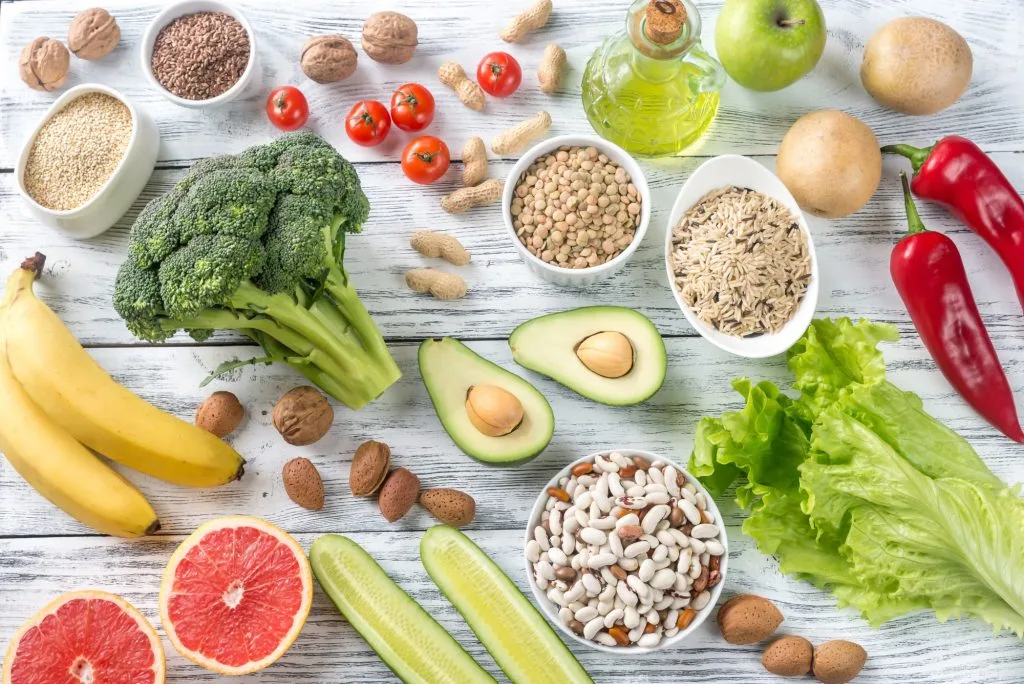Nearly 45 million Americans go on a diet each year and spend a staggering $33 billion on weight loss products.
We take dieting seriously whether it’s a New Year’s resolution or a sudden lifestyle change. But it’s important to diet correctly otherwise you risk not getting enough nutrients, damaging your mental health, and feeling fatigued.
If you’re eager to learn dieting mistakes before committing to your next diet, you’ve come to the right place. Here are 10 common dieting mistakes to avoid.
1. Following Crash Diets
There are many types of diets and one of the most ineffective are crash ones. For instance, if you want to drop 10 pounds quickly, you turn to a crash diet.
You may ditch all good except for grapefruit for breakfast and cabbage soup for dinner. The diet promises that if you consume fewer than 1,000 calories a day, you’ll achieve your dream bod instantly.
But this is ill-informed because as you consume so little, you train your metabolism to slow down so once you’ve finished the diet, your body burns food more slowly, and you quickly regain the weight.
2. Losing Track of Your Calorie Count
On the journey towards weight loss goals, you must account for every calorie you consume. Eating fruits and vegetables is fantastic but make sure you’re not eating more calories than you need to.
Further, you may overlook the amount of protein, fiber, carbs, and fat you need. Luckily, there are many online tracking sites so you can enter every meal or snack and it’ll calculate whether you’re still on track.
3. Thinking Fat-Free Food Has Zero Calories
Don’t be duped by the “low-fat”, and “sugar-free” food that line the aisles.
Although they’re marketed as diet-friendly, many are processed and contain thickeners like vegetable oils, aspartame, and corn syrup, terrible for weight loss diets. Know that low-fat isn’t the same as low-calorie, so eating several slices of a low-fat cake may be worse than a sliver of regular cake.
Stick with natural, whole foods as they’re not processed and only contain healthy ingredients. Check the back of every product for the ingredients list and nutrition facts label to ensure there are no unwanted calories.
4. Drinking Empty Calories
We often overlook what we’re drinking like cold-pressed juices and a splash of creamer in our morning coffee. But these are hidden calories and even “healthy green juices” are packed with high-sugar fruits.
As you diet, sip on water during the day and enjoy a cup of unsweetened green tea so you stay on track.
5. Not Staying Hydrated
Water is the key to burning calories so aim to drink half of your body weight in ounces. For instance, if you weigh 180 pounds, then sip 90 ounces of water. Otherwise, when you’re dehydrated, your metabolism slows down so fewer calories are lost.
Another dieting mistake is when you confuse thirst for hunger. Knowing the difference helps you control your diet so you don’t eat more than your body needs. So when your brain tells you you’re hungry, drink a glass of water and wait 15 minutes. If you’re truly hungry, the feeling won’t disappear but if it’s thirst, you’ll feel satisfied.
6. Setting Unrealistic Goals
There’s nothing more discouraging than saying you’ll lose 30 pounds in a week as you’re setting yourself up for failure. If you know it’s impossible, don’t do it otherwise it’ll discourage you from dieting.
Talk with a dietitian and they can suggest a realistic weekly goal so you stick to your diet.
7. Exercising Too Little or Not Enough
Diet and exercise go hand-in-hand so you must strike the perfect balance.
A problem arises when you don’t exercise but reduce calories as you’ll lose muscle mass and see a decrease in your metabolism. Exercise is crucial when you diet because it reduces the amount of lean mass you lose while keeping your metabolism at a steady rate. As a general rule, the more lean mass you have, the easier it’s to lose weight.
But don’t overexercise as it’s unsustainable and ends in stress. During your diet, aim to do cardio and lift weights four times a week and you’ll see results.
8. Ditching Entire Food Groups
Carbohydrates are an important macronutrient that gives you body energy so you must include complex carbs in your diet as they provide critical vitamins, minerals, and fiber. Load up on your whole-wheat bread, beans, legumes, and veggies while ditching refined carbs like pasta, white bread, and pastries.
Another mistake dieters make is cutting out dairy, such as full-fat milk or cheese. But it’s important to get enough calcium as it helps your body burn fat. To ensure you have a balanced diet, you must have reliable sources of protein, grains, fruit and veggies, fat, and dairy.
9. Skipping Meals
When you want to lose weight, it’s tempting to skip meals as it appears to be a quick way to reduce calories. But realistically, it makes you hungry so you overeat to compensate.
Instead, eat three meals a day with no more than four hours between them. If you’re busy, prepare nutritious dishes ahead so you can easily access them whether you’re at home or in the office.
10. Forgetting to Snack
Eating snacks during the day controls hunger and helps you lose weight. You should have two or three snacks between meals so you don’t go overboard. Plan nutritious snacks like frozen spirulina, nuts, or celery sticks with cream cheese.
Those Are the Top Dieting Mistakes
Now you know 10 dieting mistakes to avoid.
For an effective diet, stay hydrated, never skip meals, exercise regularly, and eat a balanced diet. Although seeing quick results is a dream, set realistic expectations so it motivates you to work hard to achieve your dream body. Good luck!
Did you find this article helpful? If so, check out our posts on everything from Career to Food.







